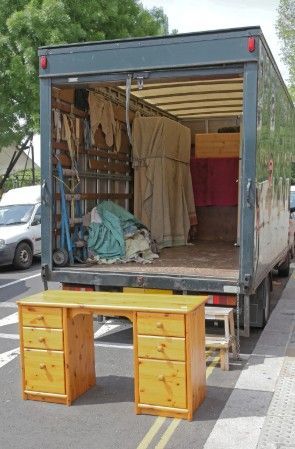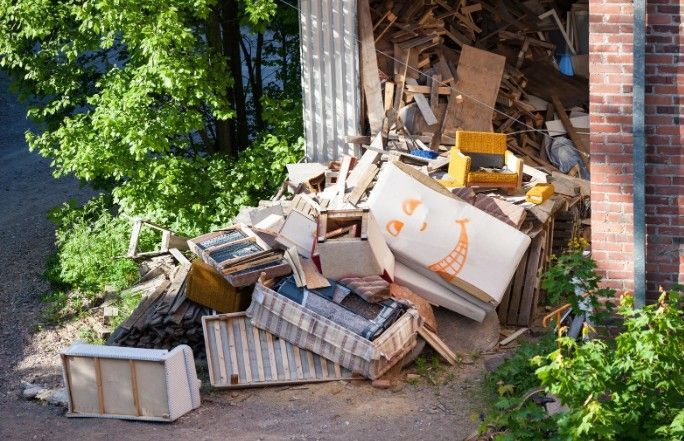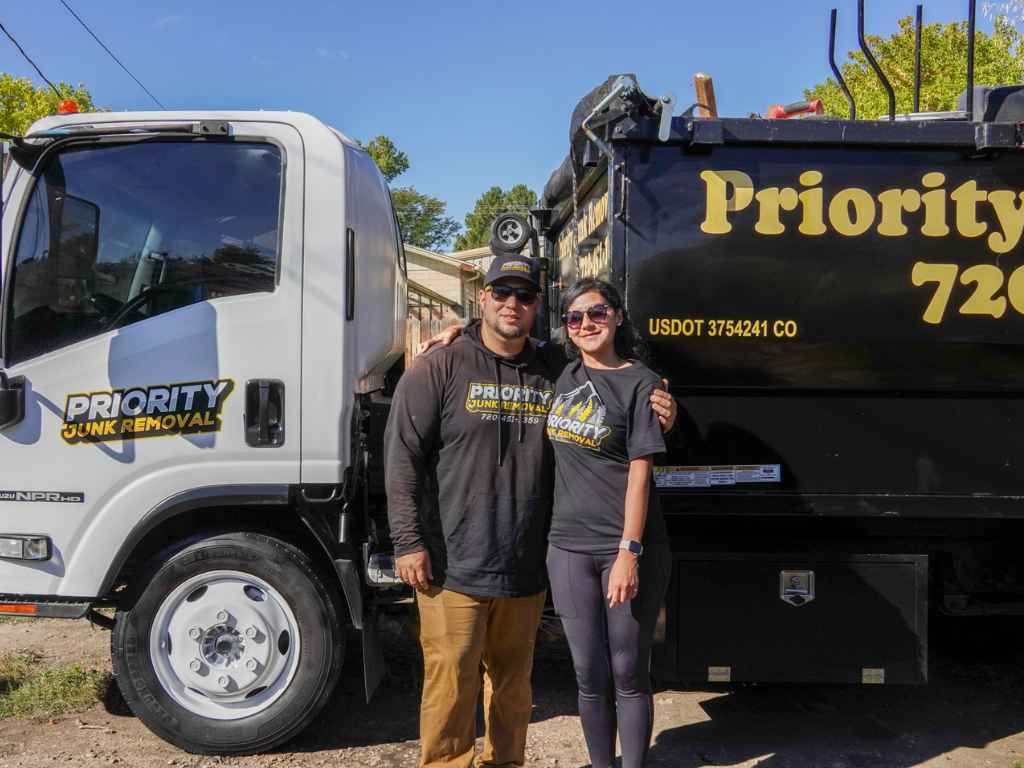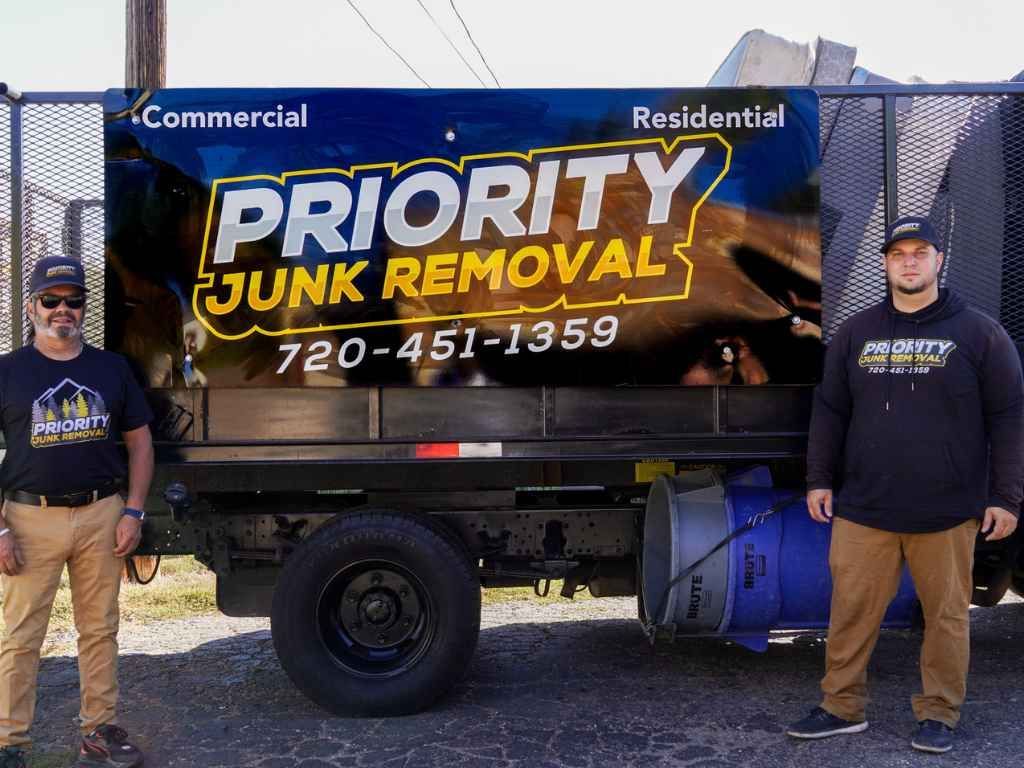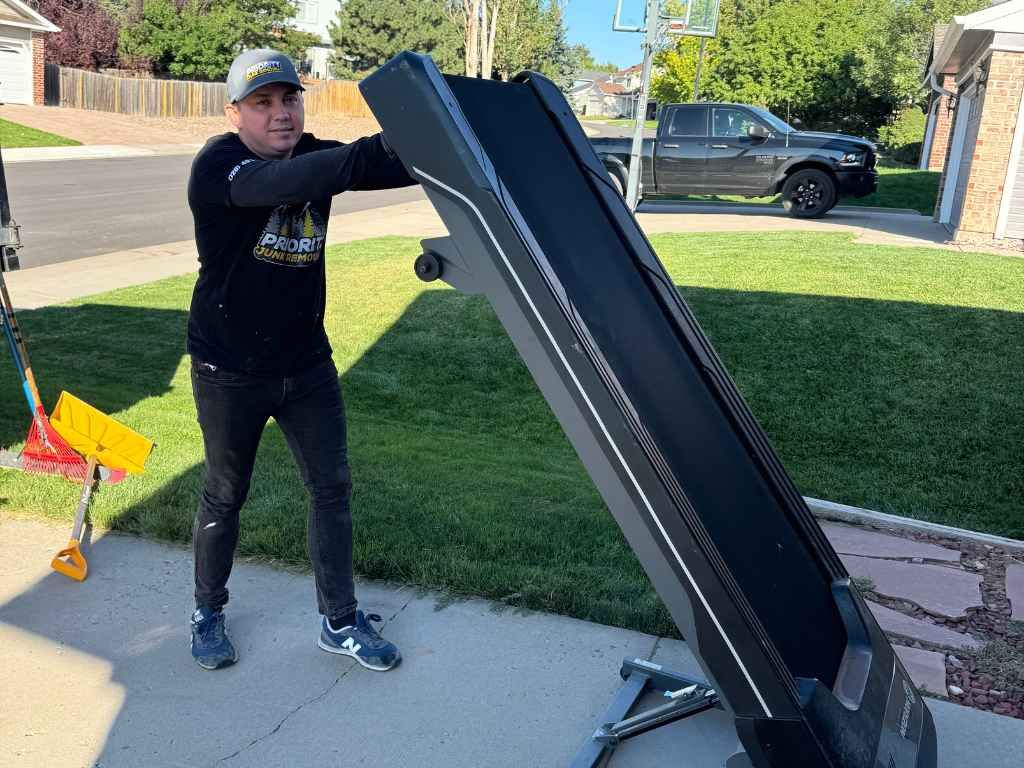Decluttering for a Move: What to Toss Before You Pack
Moving can feel like a whirlwind, but taking time to declutter before you pack can make the entire process smoother and way less stressful. Think of it as a fresh start—an opportunity to shed the stuff that no longer serves you. Go room by room and be honest with yourself about what you actually use and love. That broken lamp in the garage? Toss it. Clothes that haven’t seen the light of day in two years? Donate them. Old paperwork, duplicate kitchen gadgets, expired pantry goods—let them go. By decluttering now, you’ll have fewer boxes to move, a lighter load to unpack, and a much more peaceful move-in experience.
The Psychology Behind Decluttering
When it comes to decluttering before a move, it's important to recognize the emotional attachment we form with our belongings. Over time, certain objects become more than just things—they become symbols of memories and experiences. But this attachment can make it difficult to part with them. The key to successful decluttering is shifting your mindset. Consider each item and ask yourself: Will this add value to my new space? Does it serve a purpose in my current life? If the answer is no, it's time to let go.
Decluttering not only helps clear space in your new home but also clears the mental clutter that can come with the stress of moving. By taking the time to sort through your possessions thoughtfully, you'll feel more organized and less overwhelmed by the moving process. The decision to toss items that no longer serve you will free you up to focus on what truly matters—your new home and the fresh start ahead.
Why Declutter Before Moving
Decluttering before you move is a practical step that can save you both time and money. When you clear out the items you no longer need, you make your move easier and more cost-effective. It reduces the number of boxes you'll need to pack and unpack, and ultimately, lowers the cost of your moving services. Moving companies often charge based on weight or volume, so fewer items mean a more affordable move. Plus, the process of decluttering can help you take stock of what you truly value and use, allowing you to focus on the essentials in your new home.
Taking the time to declutter also ensures that your new living space doesn’t become filled with items that are unnecessary. As you sort through your things, think about how each item will fit into your future lifestyle. If you haven't used something in the past year, it may be a sign it’s time to say goodbye.
What Should You Toss Before You Pack
The first question when decluttering is what to keep and what to toss. Start with items that no longer serve a purpose. Old clothes that no longer fit or haven't been worn in years, outdated electronics, and broken furniture should be on your toss list. Anything that's outgrown its usefulness or isn’t in good condition should go. It's a good time to assess your belongings realistically, without nostalgia clouding your judgment. If it’s no longer functional, it’s just taking up space, and that space could be better used for things you need or love.
Don't forget to include things like expired food, outdated medicines, and old magazines. These items accumulate without us even noticing. And, by decluttering them before your move, you’ll ensure you’re not bringing unnecessary waste into your new home. Whether it's items that don’t fit your style anymore or things that have simply run their course, being selective about what to toss will simplify the moving process.
Old Furniture That’s Not Worth Moving

Furniture is often one of the hardest things to part with when moving. After all, it’s an investment and an essential part of your home. But the truth is, not all furniture is worth the hassle of moving. If your couch is stained and uncomfortable, your bookshelf is falling apart, or your dining set has seen better days, it may be time to let go. Furniture that is outdated or worn out can cause more stress than it’s worth, especially when you factor in the cost and effort of moving it to your new home.
Before you decide to move heavy furniture, think about the space it will occupy in your new home. Will it fit? Does it still serve a purpose? Or are you holding onto it out of habit? By carefully assessing each piece, you'll save yourself from hauling unwanted items to your new place. It’s much more cost-effective and stress-free to invest in new furniture that suits your updated tastes and space.
Clothes You No Longer Wear
A great place to start your decluttering journey is your wardrobe. Take a look through your clothes and consider what you wear versus what you just can’t seem to part with. If you haven’t worn it in the past year, it’s a good sign it’s time to let it go. The same goes for items that no longer fit or no longer suit your style. Rather than dragging these items along for the move, consider donating or recycling them.
Not only does getting rid of old clothes free up space in your new home, but it also allows you to streamline your wardrobe to reflect your current tastes. Plus, if you donate or recycle your clothes, you’ll be helping others and contributing to a more sustainable lifestyle.
Outdated Electronics
Another category that takes up unnecessary space during a move is outdated electronics. Whether it’s an old TV, a broken blender, or that stack of ancient cell phones, there are likely many electronic devices in your home that no longer work or are simply obsolete. Not only are these items taking up precious space in your new home, but they also pose environmental hazards if not disposed of properly.
If your old electronics are in working condition, consider donating them to a local charity or selling them. If they no longer work, look for an electronic recycling program. Electronics contain valuable materials that can be recycled, and it’s crucial to dispose of them responsibly.
Books and Magazines You Don’t Read
For many, books and magazines are beloved possessions that we feel compelled to keep. But if you’re like most people, there are likely books on your shelves that you’ve never read or have already read and will never return to. Magazines tend to pile up as well, often left unread or simply taking up space. Before packing up these items, take a moment to evaluate them.
Consider donating the books you no longer have a need for or that won’t be read again. Many libraries accept donations, and secondhand bookstores may offer a trade or buy them outright. As for magazines, recycling them is a great option to ensure they don't just sit around unused in your new home. This will help you declutter and allow you to focus on books that truly hold sentimental value or interest.
Tossing Expired Food and Medicine
You’d be surprised how much expired food and medicine we all accumulate over time. Cabinets, pantries, and refrigerators often become home to forgotten items that have long surpassed their use-by dates. Before you start packing, check all food and medicine in your home for expiration. Anything that's gone past its prime, especially perishable food, should be tossed.
It’s not only a practical decision, but it’s also a safety measure. Expired food can cause health issues, and expired medications may lose their effectiveness or even become dangerous. By removing these items before the move, you’re preventing unnecessary clutter in your new kitchen and medicine cabinet.
Paperwork You Don’t Need
One of the most common items we all hang onto unnecessarily is paperwork. From old tax returns to outdated bank statements, paper clutter can pile up quickly. Before you pack your documents for the move, sift through them and shred or recycle anything that is no longer needed. If you’re keeping documents for personal reasons, such as birth certificates or home deeds, ensure they’re organized and easy to find.
Having less paperwork will not only make your move easier, but it will also make it easier to stay organized in your new home. It’s a great opportunity to digitize some of your documents for easy access. This will help reduce clutter in your new space while making sure you retain important paperwork in a safe, organized way.
What to Do with Items You Don’t Want to Toss
Once you’ve decided what to toss before you move, the next step is determining what to do with those unwanted items. If they’re in good condition, donating them can be a great way to help others. Local charities and thrift stores often accept gently used furniture, clothing, and electronics. If the items are broken or beyond repair, consider recycling them, especially when it comes to electronics or large appliances.
Sometimes, it’s easier to have a professional junk removal service handle the heavy lifting. By hiring a company to remove the items for you, you can save time and energy, allowing you to focus on other aspects of your move.
Conclusion
By carefully decluttering before your move, you’re doing more than just clearing out junk—you’re creating space for a more organized, peaceful beginning in your new home. Letting go of items that no longer serve a purpose can feel liberating, both mentally and physically. Whether it’s old furniture, unused electronics, or random odds and ends that have piled up over the years, now is the time to part ways. If you find yourself overwhelmed by the volume or weight of what needs to go, Priority Junk Removal in Littleton is ready to help. Located in Littleton, CO, you can reach them at 720-451-1359 or by email at priorityjunkremoval@gmail.com. They make junk disappear—so your stress can too.

